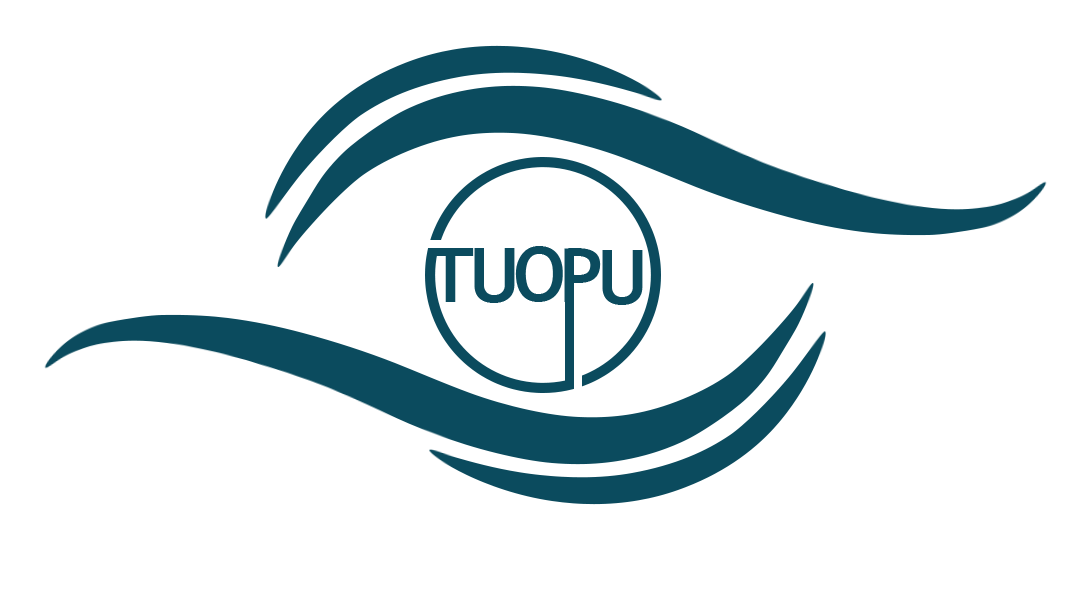Career Paths in Education: What are my options?
Education career paths typically follow a progression through various stages, each with its own set of requirements, responsibilities, and opportunities for advancement.
Here are examples of the different stages of an education career path:
Education Paraprofessional/Aide:
This is often an entry-level position that requires some level of education beyond high school. Paraprofessionals work under the supervision of certified teachers to provide additional support to students in the classroom.
Teacher:
This stage involves obtaining a bachelor's degree in education or a related field, and completing a teacher certification program such as a QTS. Teachers work directly with students, lesson planning and delivering instruction, assessing student progress, and managing classroom activities. Teachers are also expected to be present in parent-teaching meetings to help address challenges students may face and suggest strategies to help improve students' learning journey.
Lead Teacher/Specialist:
After gaining several years of experience as a classroom teacher, educators may take on roles such as lead teacher or specialist. Lead teachers may have additional responsibilities, such as mentoring new teachers, addressing concerns and changes, leading professional development sessions, or coordinating curriculum development.
Administrator:
Some educators choose to move into administrative roles, away from teaching roles, such as principals, assistant principals, or district-level administrators. Administrators are responsible for overseeing school operations, managing staff, implementing policies, meeting with stakeholders and ensuring the overall success of the school or district. Administrators also work closely with other administrators and school boards to develop budget priorities and long-term financial plans.
Educational Technology Director/Coordinator:
Educational technology directors or coordinators oversee the integration of technology into teaching and learning. They develop technology plans, provide training and support to teachers and staff, and evaluate and implement educational software and hardware. Educational technology directors also ensure that technology resources are accessible and equitable for all students.
Director of Curriculum and Instruction:
Directors of curriculum and instruction are responsible for developing and implementing educational programs that align with state standards and district goals. They work with teachers and administrators to design curriculum frameworks, select instructional materials, and assess student learning outcomes. Directors of curriculum and instruction also provide professional development and support to educators.
Admissions Director:
Admissions directors are responsible for managing the admissions process for schools or colleges. They develop admissions policies and procedures, recruit prospective students, review applications, and make admissions decisions. Admissions directors also coordinate recruitment events, tours, and outreach efforts with partners and stakeholders to attract a diverse and talented student body. They help address any concerns and questions students may have upon applications as well.
Educational Consultant:
Educational consultants work independently or for consulting firms, providing expertise and guidance to schools, districts, or other educational organizations. They may specialize in areas such as curriculum development, assessment design, school improvement planning, or educational technology integration.
These stages represent a general framework, and individual career paths may vary depending on factors such as specialization, country hiring policies, and personal interests.
At Tuopu International, we continue to support educators on their career path wherever they may be. Let us support you! Reach out to us and join our groups!
HOW TUOPU CAN SUPPORT YOU?
List of Qualifications
Enhance your skills with Tuopu Qualifications - unlock new opportunities and excel in your career with our diverse courses.
NPQs: npq
QTS: QTS (Qualified Teacher Status)
Diploma: Level 5 Diploma in Education and Training (RQF)
Coaching: Delivering Expert Coaching for Educators with Rob Ford Coaching






